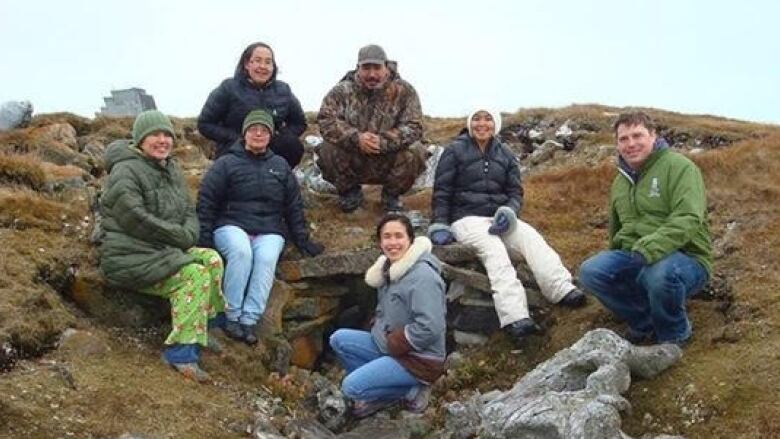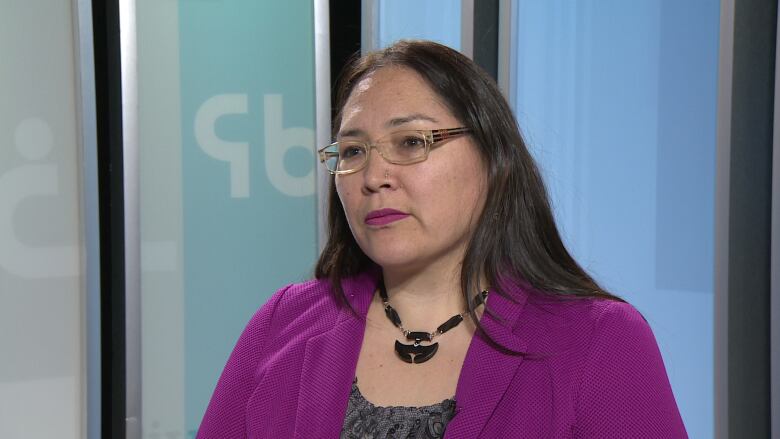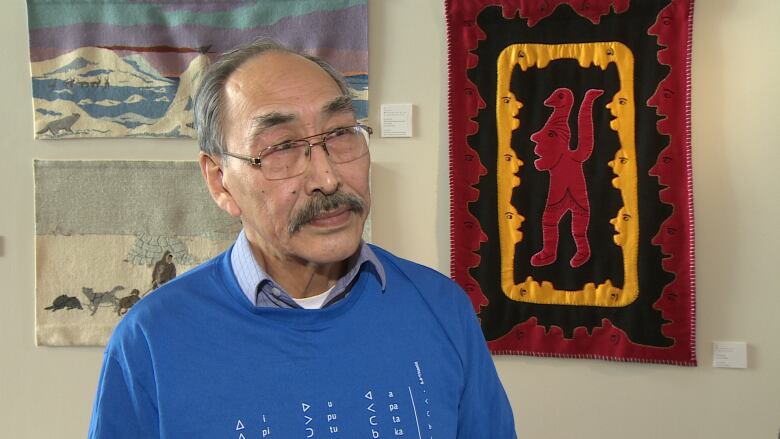Inuit language education not advanced by Nunavut budget, says NTI
Without investment in new teachers, NTI president says cultural erosion will continue

The Government of Nunavut's newly tabled budget doesn't provide enough money to further its goals for Inuitlanguage education, according to the president of Nunavut Tunngavik Incorporated (NTI).
In the 2008 Education Act, the territorial government set the goal of having bilingual education for students from kindergarten to Grade 12 by 2020, but an Auditor General of Canada reportin2013 concluded this goal was far from on track.
NTI says the proposed budget does little to change the situation.
"The Minister of Finance states that education is their top priority, yet the Government of Nunavut's proposed budget will not significantly increase the number of available Inuit educators nor will it increase the amount of Inuktut language instruction,' NTI president Aluki Kotierk said in a news release.
The proposed budget, tabled by Finance Minister Keith Peterson on Feb. 22, has allotted $241 million to the Department of Education for the 2017-2018 year, boosting its operational expenditures by $1 million.

But Kotierk said she was expecting to see a budget that included major investments in education, as she said substantial financial commitments are needed to train and hire Inuit educators and develop an Inuit language curriculum.
NTI'spress release said increased Inuit language instruction in schoolswould restore pride to Inuit youth and lessen cultural erosion.
"Nunavut Tunngavik Incorporated would like to see concrete plans to indicate, to get reassurance that those are actually going to happen," Kotierk told CBC News.
NTEP graduates want to teach in English
She gave the Nunavut Teacher Education Program (NTEP) as an example of where investments could help deliver the program at the community level.
However, Nunavut Education Minister Paul Quassa says the program isalready in the communities; the problem he sees with the program is some of the graduating teachers want to teach in English.

The departmentand the partners that deliver the program,Nunavut Arctic College and the University of Regina, are currently reviewing the program to increase the number of graduates and improve their confidence in teaching in Inuktitut.
There are 83 NTEP students, 23of whom are in their first year eight students in Iqaluit and 15 in Kugaaruk.
"We want to make sure teachers coming out from the NTEP program are truly bilingual, and are able to deliver bilingual education in all our schools from K to 12."
When questioned in the legislature on Feb. 23, he said the review will be completed by the end of this year.












_(720p).jpg)


 OFFICIAL HD MUSIC VIDEO.jpg)
.jpg)



























































































